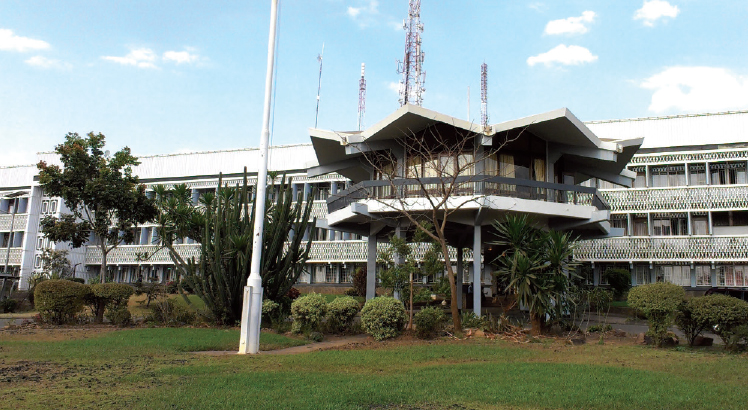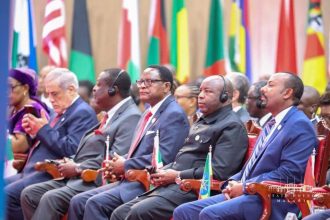Govt concedes financial squeeze
Ministry of Local Government, Unity and Culture has attributed delayed funding to councils to financial challenges and has asked councils to diversify their revenue sources to sustain service delivery.
The statement by the ministry’s Principal Secretary James Chiusiwa comes a day after local councils pleaded with legislators to use the 2023/24 Mid-Year Budget Review Meeting to push for additional resources and implore Capital Hill to release their funding on time to avoid compromising service delivery.

In an interview yesterday, he said all was not rosy and that he cannot tell when the next funding for councils would be done as the last funding disbursed was for August 2023.
Said Chiusiwa: “As a ministry we are aware of the funding challenges and this has not only affected councils, but MDAs [ministries, departments and agencies] as well.
“Currently, as a country, we are going through financial challenges affecting service delivery.
“But the Ministry of Finance and Economic Affairs, together with revenue collection agents, are working tirelessly to improve the resource envelope and we have assurance that come year end, all councils will have received 100 percent funding.”
He challenged councils to diversify revenue sources and improve collections for improved service delivery.
Said Chiusiwa: “Treasury will be in a better position to respond as to when September funding will come as they are the ones responsible for revenue collection. We are on the receiving end.
“The National Local Government Finance Committee (NLGFC) monitors utilisation of funds by councils on regular basis and they will do so to ensure that the funds are used for the intended purpose.”
To ensure survival of councils, Malawi Local Government Association (Malga) Managers Network chairperson Rodney Simwaka said they now use virements, an administrative transfer of funds from one part of a budget to another.
The Mzimba district commissioner said: “At council level, we do virements based on funds for the past six months where we try to reallocate resources based on how sectors have performed. For items that are overspent, but essential, we vire from underpeforming or dormant ones.”
The funding challenges have already hit the health sector where public hospitals are experiencing stockouts of essential medicines and medical supplies, a development that has forced the Ministry of Health to appeal for an additional K15 billion drug budget.
The World Bank last month came to government’s rescue by providing $9 million (about K10.2 billion) for the purchase of essential medical drugs which will start arriving this month.
But public expenditure tracking and governance expert Mavuto Bamusi has said councils’ current state cannot generate the required revenue.
He said councils are sitting on wealth whose unlocking requires radical reforms for central government to implement full devolution of functions.
Said Bamusi: “Central government still clings to certain critical roles related to financial control. Capital Hill is getting it wrong through slow progress in addressing corruption, continued appetite for consumption expenditures, and unstoppable domestic and foreign travels.
“Without such funding, Malawi 2063 is a joke, development is illusory, and poverty reduction is a far-fetched dream.”
Minister of Finance and Economic affairs Simplex Chithyola Banda has been non-responsive on the matter despite several questionnaires sent to him as per his request.
In the current fiscal plan that rolled out on April 1, Treasury projected a fiscal deficit of K1.3 trillion, an equivalent of one-third of the K3.87 trillion 2023/24 National Budget.
At K1.3 trillion, the fiscal deficit is 8.7 percent of the country’s gross domestic product and below the recommended threshold of three percent. Treasury further projected tax revenue at K2.13 trillion and non-tax revenue at K114.34 billion in this fiscal year that ends on March 31 2024.





